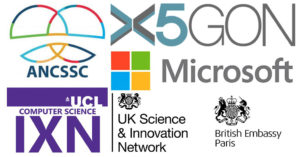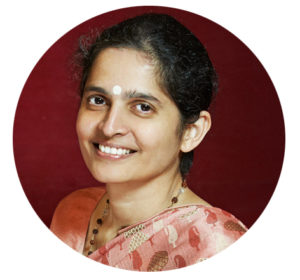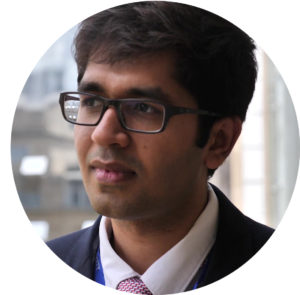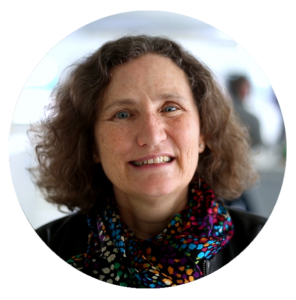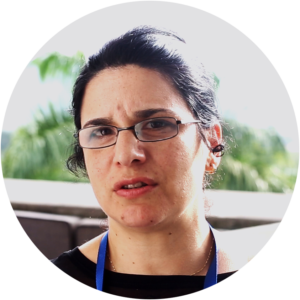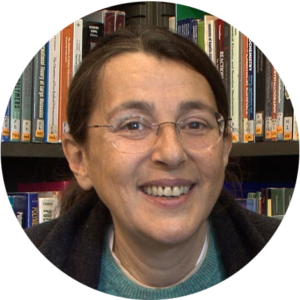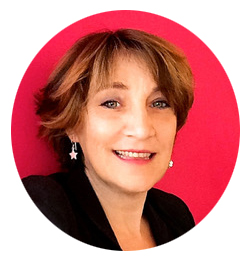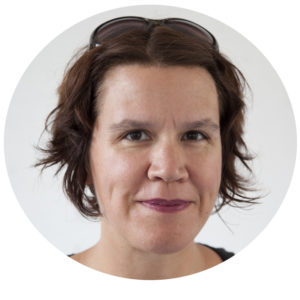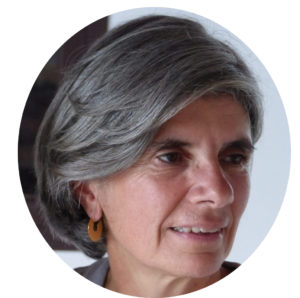Aims and Focus
Problems of cooperation—in which agents seek ways to jointly improve their welfare—are ubiquitous and important. They can be found at all scales ranging from our daily routines—such as highway driving, communication via shared language, division of labor, and work collaborations—to our global challenges—such as disarmament, climate change, global commerce, and pandemic preparedness. Arguably, the success of the human species is rooted in our ability to cooperate, in our social intelligence and skills. Since machines powered by artificial intelligence and machine learning are playing an ever greater role in our lives, it will be important to equip them with the skills necessary to cooperate and to foster cooperation.
We see an opportunity for the field of AI, and particularly machine learning, to explicitly focus effort on this class of problems which we term Cooperative AI. The goal of this research would be to study the many aspects of the problem of cooperation, and innovate in AI to contribute to solving these problems. Central questions include how to build machine agents with the capabilities needed for cooperation, and how advances in machine learning can help foster cooperation in populations of agents (of machines and/or humans), such as through improved mechanism design and mediation.
Such research could be organized around key capabilities necessary for cooperation, including: understanding other agents, communicating with other agents, constructing cooperative commitments, and devising and negotiating suitable bargains and institutions. In the context of machine learning, it will be important to develop training environments, tasks, and domains in which cooperative skills are crucial to success, learnable, and non-trivial. Work on the fundamental question of cooperation is by necessity interdisciplinary and will draw on a range of fields, including reinforcement learning (and inverse RL), multi-agent systems, game theory, mechanism design, social choice, language learning, and interpretability. This research may even touch upon fields like trusted hardware design and cryptography to address problems in commitment and communication.
Since artificial agents will often act on behalf of particular humans and in ways that are consequential for humans, this research will need to consider how machines can adequately learn human preferences, and how best to integrate human norms and ethics into cooperative arrangements. Research should also study the potential downsides of cooperative skills—such as exclusion, collusion, and coercion—and how to channel cooperative skills to most improve human welfare. Overall, this research would connect machine learning research to the broader scientific enterprise, in the natural sciences and social sciences, studying the problem of cooperation, and to the broader social effort to solve coordination problems.
We are planning to bring together scholars from diverse backgrounds to discuss how AI research can contribute to the field of cooperation.
Key Dates
-
Paper Submission Deadline: October 02, 2020 (Midnight Pacific Time)
-
Final Decisions: October 30, 2020
-
Workshop: December 12, 2020














